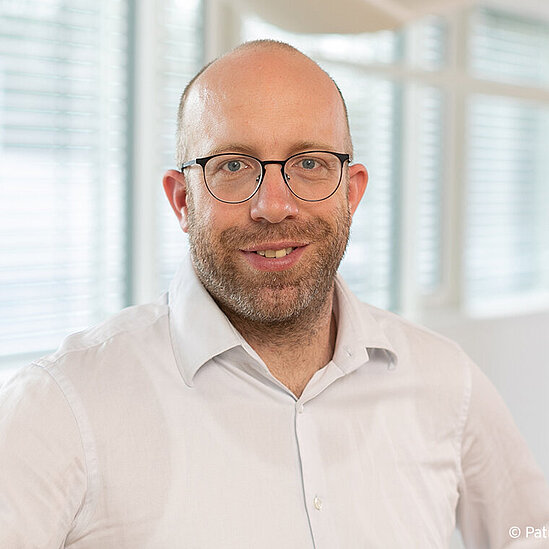Development of the world's first thymus-on-chip for in vitro T-cell production and advanced drug testing
The thymus is a small but vital organ in the human body that "trains" immune cells to recognize and fight off disease. In a pioneering project, the NMI - working closely with Genewity B.V., a Biotech-Start-up from the Netherlands, and Pyroscience GmbH, a German specialist in biosensor technology - is developing the world’s first Thymus-on-Chip platform. This innovative system will enable real-time, optoelectronic monitoring of cells as they develop, marking a major step forward in biomedical research.
Despite the success of modern immune therapies like CAR-T cell treatments (chimeric antigen receptor T-cell therapies), around 60% of patients relapse - often because the modified cells don't persist or expand well in the body. Producing CAR-T cells from early-stage precursors (CD34+ cells) could improve outcomes, but this requires a functional thymus to support their full development - something currently not possible in the lab.
The Thymus-on-Chip will function as the first in vitro (lab-based) T-cell factory, capable of producing “educated” naive T-cells for future therapeutic use. This has the potential to make advanced immune therapies - such as the above mentioned CAR-T cell treatments (chimeric antigen receptor T-cell therapies) - more affordable, efficient, and widely available. These therapies work by modifying immune cells to better recognize and destroy cancer or infected cells.
The NMI’s Organ-on-Chip group, led by Prof. Dr. Peter Loskill, will integrate Genewity’s unique thymus cell culture methods with Pyroscience’s high-precision optical sensors to engineer this advanced microfluidic platform. For the first time, it will be possible to generate naive CAR-T cells from early-stage T-cell precursors (CD34+ cells) entirely outside the human body - a process that has not yet been achieved.
Beyond its therapeutic applications, the Thymus-on-Chip will also serve as a powerful test system for studying the thymus and adaptive immunity. It offers a more accurate and ethical alternative to animal testing, providing new opportunities for drug development and immunological research.
Project partner:
Projectlead

Prof. Dr. Peter Loskill
Next Generation Cellular and Organotypic Assays
Senior Principal Scientist





